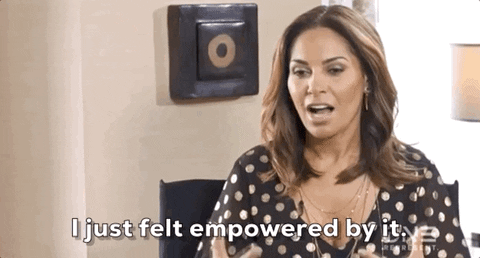For Kiva And Others, Investing In Women Is The Present

What happens when you invest $1 billion in women entrepreneurs and their businesses? For the nonprofit Kiva, reaching this milestone in 2019 meant empowering more than 2.7 million women in 94 countries. Their initiative places a spotlight on further financial inclusion for women through greater access to credit and financial options.
How Kiva Prioritizes Financial Inclusion For Women
For Kiva, financial inclusion is an essential component to gender equality, which is why over 80 percent of Kiva loans are provided to women around the world. This milestone has enabled Kiva to create a path for women to secure funding for their businesses and in many cases, find a way out of poverty.
So, how did Kiva manage to provide $1 billion in loans to women? And why is it deemed risky for traditional banks to loan money to women? The power of the internet and leveraging crowdfunding (raising small amounts of money from many people). In this space Kiva has led the way, partnering with over 300 organizations around the world to find female entrepreneurs needing loans, then posting them on the Kiva site for the world to fund via the internet. Connecting women with funding they could not access on their own.

Take Rhonesha Byng, founder of Her Agenda who revealed that for her Kiva came at the pivotal point for her digital platform. “I just left my full-time gig and was coming up on going without salary for a year as I built the business model. I wasn’t having luck with traditional investors and my “friends and family” couldn’t write me a check for anything that would have been significant. Crowdfunding to me was also too labor-intensive and the marketing bandwidth it would have taken would have distracted me as a solo founder from making progress with my business. Kiva was different. They helped me secure 10K in funding through a combination of crowdfunding and matching funds.”

Joining them are other nonprofits like the Grameen Foundation, who help point entrepreneurs to the Kiva platform to access loans. They also work to provide opportunities for female entrepreneurs and reduce the barriers women face as they struggle to launch and grow their businesses.
A Success Story in Ghana
Entrepreneurs like Racheal Derchie in Ghana, whose work involve getting good farming practices adopted to increase yields. She works with 200 farmers in Grameen Foundation’s AgroTech project, using its digital app suite to analyze and understand the history and needs of each farmer. She then teaches the farmers new practices, trains them in maintaining their records and helps them obtain loans.
Without projects like these, Rachel would not be able to fulfill her entrepreneurial goals. She grew up watching her father farm but didn’t see a way forward in farming, now he is one of the farmers she represents. Because of this project, Rachel was able to pursue a business she loves: “I love to put the food on people’s table. So, when I realized I could help poor farmers adopt good practices to produce more, I became so happy for myself.”

Nontraditional Funding Is Easier Route For Women
Nonprofits focus on helping female entrepreneurship for several reasons with gender disparities in accessing capital often leading the list. Women are increasingly turned away by traditional investors for loans and around the world, economic and systemic barriers remain for women starting and running businesses. Crowdfunding as done by Kiva starts the process of addressing this disparity. While not a magic bullet for transformation, these loans provide a good foundation to helping women obtain sustainable livelihoods and better working conditions.
When commenting on reaching the $1 billion milestone, Neville Crawley, Chief Executive Officer of Kiva chose to focus on what is yet to be done. As he put it, “… our work is not done. Kiva will continue to support women and their communities through the Kiva.org platform, as well as seek and develop new ways to transform the financial and social systems to work better for them.”






